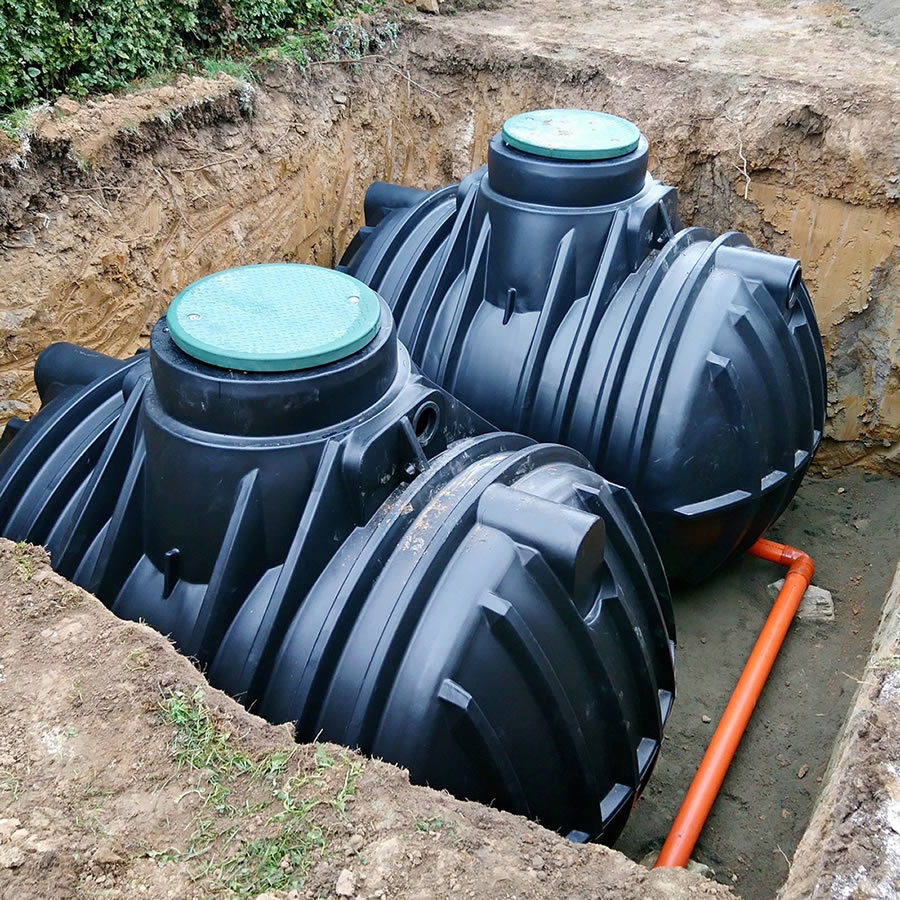
12
If you live in a rural area or off-grid, then your house is probably NOT connected to a centralized sewer system. Instead, you likely rely on an on-site wastewater treatment facility, usually a septic system. In fact, about 1 in 5 households use some sort of septic system for their waste and wastewater treatment. If you are curious about how the septic tank system works, then you are at the right place. Charlotte Septic Pros is your source for septic services, repairs, and installations, and we are here to explain how these vital structures work.
There are many types of septic systems, but we will go over the conventional septic tank system. The standard system consists of three primary components: the pipes, the tank, and the drain field.
Let’s say you handle your business and flush the toilet. The waste and wastewater travels through the drains and into the septic tank. The tank is a large, watertight container usually made of concrete, fiberglass, polyethylene, or a combination of these. The tank also houses bacteria and chemicals, which we will go over later.
While the solid waste sinks to the bottom of the septic tank, the scum (such as oils and greases) floats to the top. The wastewater, meanwhile, exits the septic tank through a T-shaped outlet and travels to the drain field.
The drain field is essentially a shallow pit where the wastewater goes and percolates through the unsaturated soil for treatment. The soil naturally removes harmful bacteria, viruses, and pollutants from the wastewater.
So, the wastewater percolates through the soil for treatment. What happens to the solid waste? It stays in the septic tank. The inquisitive among you is probably thinking, "For how long?" Well, that’s a bit trickier.
Fortunately, there is "good" bacteria and chemicals in the septic tank. These break down solid waste into sludge. Sludge is denser and saves valuable space in the septic tank. Still, even the sludge will accumulate. Eventually, the septic tank must be pumped or cleaned.
Septic pumping is like a quick vacuum while septic cleaning is like deep cleaning. Septic pumping removes a large portion of the wastewater and scum in the septic tank as well as some of the sludge. Septic cleaning gets rid of it all.
How often you schedule septic pumping or septic cleaning depends on the size of your septic tank, the size of your household, and the condition of the "good" bacteria in the tank. A good rule of thumb is to schedule a septic pumping once every 3 to 4 years and a septic cleaning once every other septic pumping appointment.
If you live in Charlotte or surrounding areas and need septic services, repairs, replacements, or installations, then grab the phone and call Charlotte Septic Pros. We offer quick, affordable, and reliable service. We are happy to schedule a convenient appointment or arrange an emergency septic pumping today. Our live representatives are on standby to take your call.
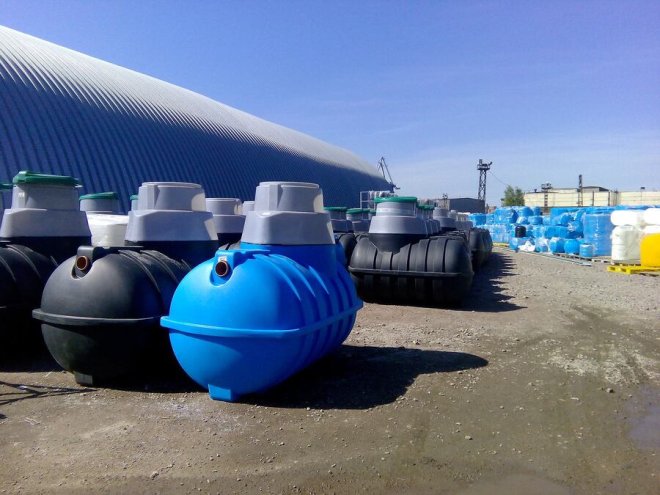
28
How to Prepare for Septic System Installation Installing a septic system is a major investment for any property that lacks…
Read more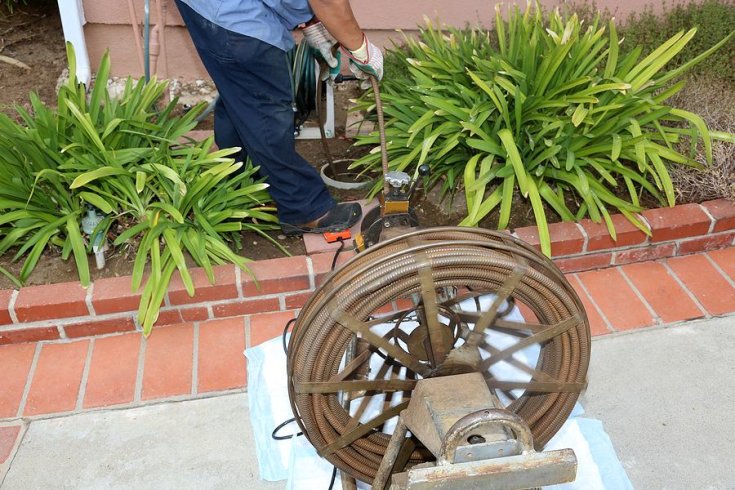
20
How Main Drain Cleaning Can Prevent Sewer Backups Sewer backups are one of the most unpleasant plumbing emergencies homeowners can…
Read more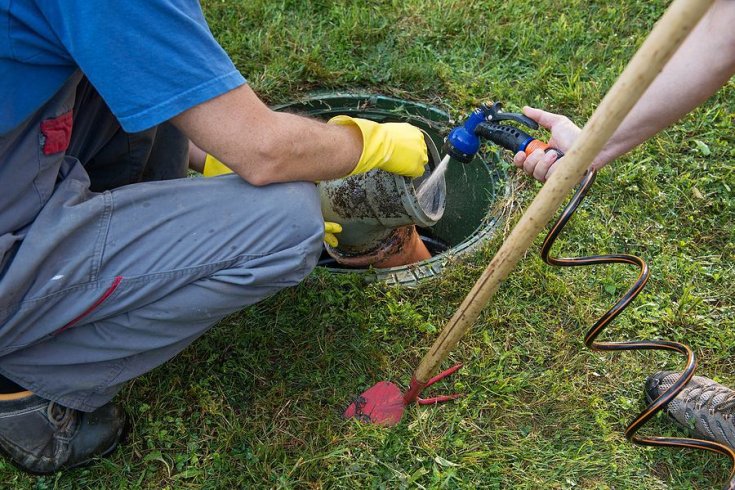
13
What to Do When You Have Drainage Problems Drainage problems can be frustrating and cause serious damage if left untreated.…
Read more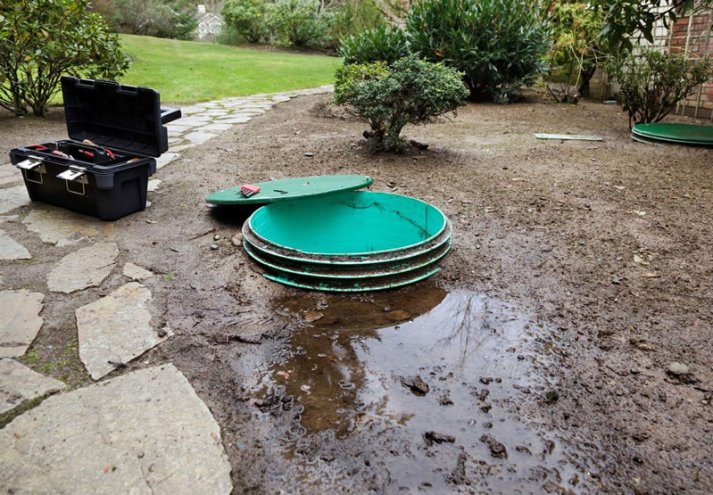
04
Signs and Causes of Septic Leaks A leaking septic system can pose serious health and environmental risks. If left untreated,…
Read more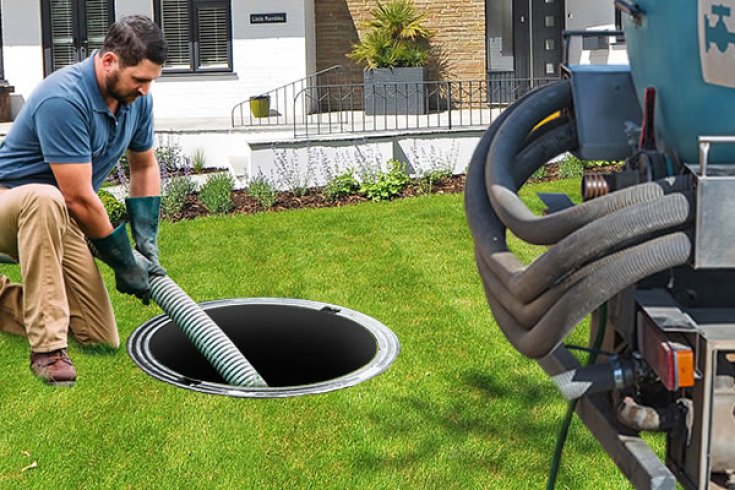
02
Unusual Septic Tank Blockages: Keeping Your Septic System Healthy A properly functioning septic system is crucial for any home or…
Read more
23
Seasonal Weather and Septic Systems Tank Your septic system plays a vital role in managing household wastewater, but seasonal weather…
Read more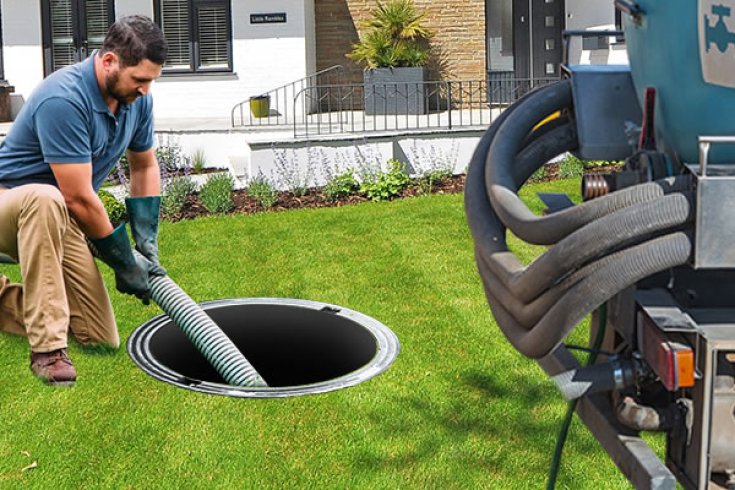
15
Why Toilet Paper Matters to Your Septic Tank Many homeowners don’t give much thought to their toilet paper—until it starts…
Read more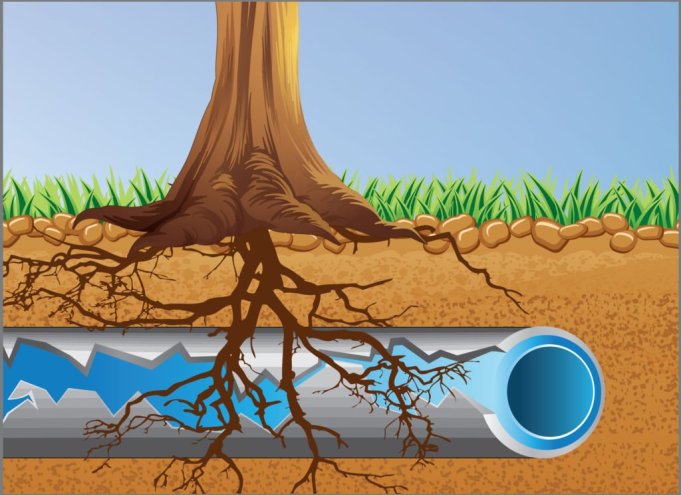
21
Tree Root Infiltration of Septic Systems We love the trees in our yards and in our environment. Just by looking…
Read more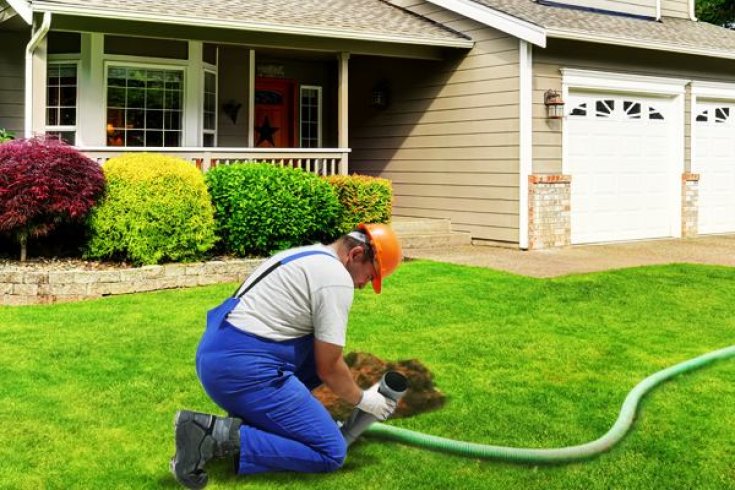
12
Preparing Your Pipes & Drains for the Winter With winter on the horizon, homeowners need to implement specific measures to…
Read more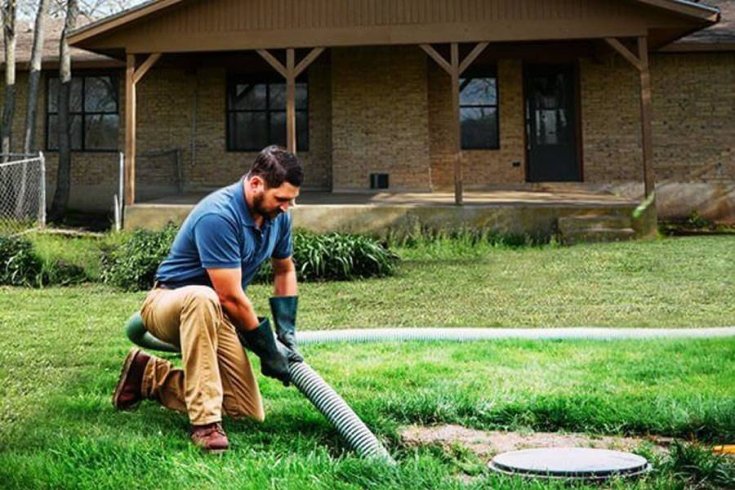
05
Buying a New Home? Invest in a Septic System Inspection When purchasing a new home, many buyers focus on visible…
Read more